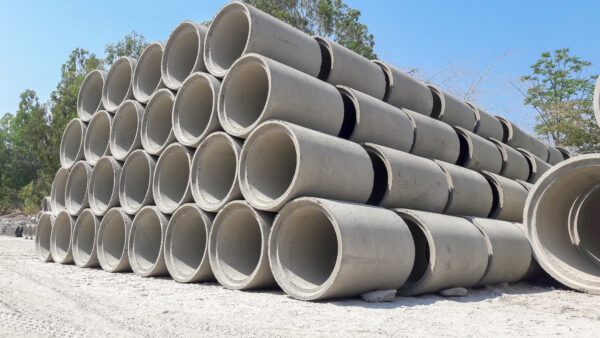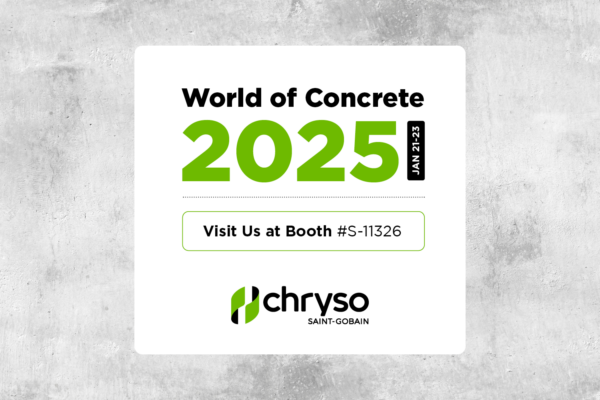Self-Consolidating Concrete (SCC) Production Tips – TB-1505

Self-Consolidating Concrete (SCC) has many benefits associated with the high workability of fresh concrete. However, this high workability means that the fresh concrete is more sensitive to variability in materials and production processes.
Therefore, successful SCC production must begin with training. All personnel need to learn the properties of SCC and how they differ from those of conventional concrete, they must be able to recognize the appearance of a stable SCC mix, and understand the consequences of making adjustments to the mix.
After the commitment to training has been made, the next step is developing robust mix designs that meet performance requirements and are tolerant to the normal variations in materials and production processes. If there is great variability in the materials and process, then the mix will have to be more forgiving, which usually means higher cost. Removing the sources of variation, or understanding and adjusting for the variation (i.e. moisture meters that adjust batch water) allow the producer to economize the mix design and maintain robustness. Batching and mixing must be carried out with attention to the moisture and water demand of materials, as well as the mixing energy and duration.
Training
All plant personnel directly involved in concrete production, especially QC personnel, batching personnel, and truck drivers, must understand the primary properties of SCC – filling ability, passing ability and stability – and how changes in the materials and processes influence these attributes.
Experience with conventional slump concrete may not transfer directly to SCC, which is more sensitive than conventional slump concrete. If the slump flow is too high or too low, the resulting concrete may not meet the specified performance. If the slump flow is too high, it can segregate; if it is too low, it may not completely fill the formwork or consolidate around reinforcing. It is unavoidable that on occasion, a mix will need to be adjusted after batching; however, due to the sensitivity of SCC it is essential that a well-trained person carry out the adjustment, and that a strict protocol (standard operating procedure) is defined and followed.
The plant should make a commitment to QC/QA including a dedicated testing station and trained personnel.
Quality Control
SCC has been shown to be less tolerant of changes than conventional concrete. Small changes to the mix, especially the amount of water, can have large effects on its plastic properties. Consequently, significantly more effort must be expended in minimizing normal production variability. A producer must:
- Have a QC program in place
- Raw materials variability
- Batching accuracy
- Moisture measurement and compensation
- Strictly enforce the QC program
- Impose tighter control limits on SCC than on conventional concrete





